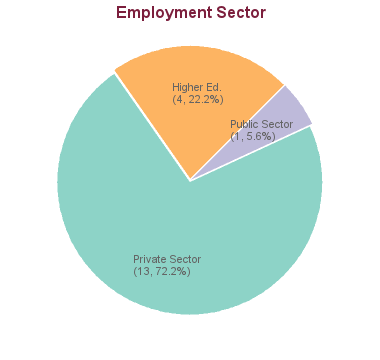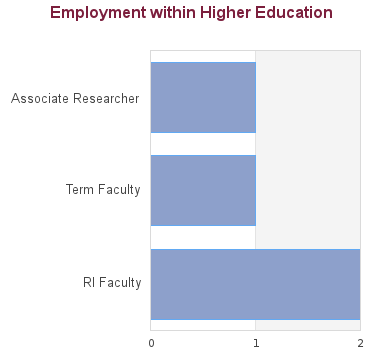Overview
Theoretically, experimentally, and observationally oriented Master of Science (M.Sc.), Master of Applied Science (M.A.Sc.), and Doctor of Philosophy (Ph.D.) programs are offered in a number of key areas of geophysics. Current interests include topics in observational and theoretical glaciology; climate variability; geodynamics of the crust, mantle, and core of Earth and other planets; geological fluid mechanics; volcanic processes; surface processes on Earth and other planets; origin and structure of planetary magnetic fields; inversion methodologies with application to reflection seismology, mineral exploration, and environmental studies; computational electrodynamics; seismology with observational programs in crustal and upper mantle studies; earthquake studies focused on understanding past and current tectonic processes in Western Canada, and data science including applications of machine learning to Earth scientific problems.
What makes the program unique?
Geophysics at UBC was originally a subprogram within the Department of Physics until 1963 when the Department of Geophysics was formed. In 1972 the Department of Geophysics changed its name to the Department of Geophysics & Astronomy reflecting increased activity in astronomical research and teaching. This department was dissolved in 1996, and geophysics faculty were merged with colleagues from geology, oceanography and, later, atmospheric sciences to become the Department of Earth, Ocean and Atmospheric Sciences (EOAS). EOAS is the largest and most diverse department of its kind in Canada and, accordingly, geophysics graduate students have unparalleled opportunities for engaging in cutting-edge pure and applied research in both traditional geophysical topics and those that cross disciplinary boundaries.
Quick Facts
Intake
Intake
Program Enquiries
Contact the program
Supervisor Search
Departments/Programs may update graduate degree program details through the Faculty & Staff portal. To update contact details for application inquiries, please use this form.








